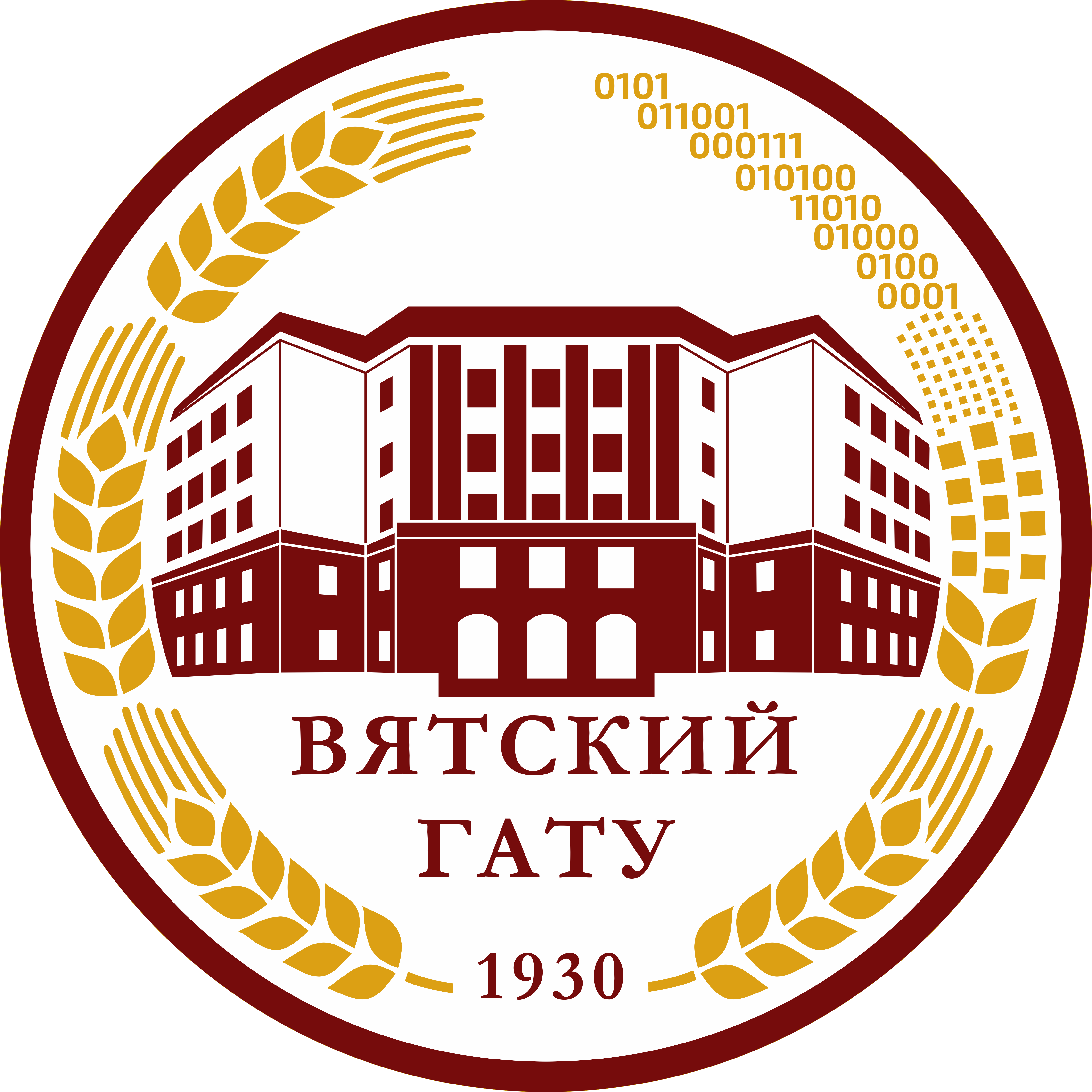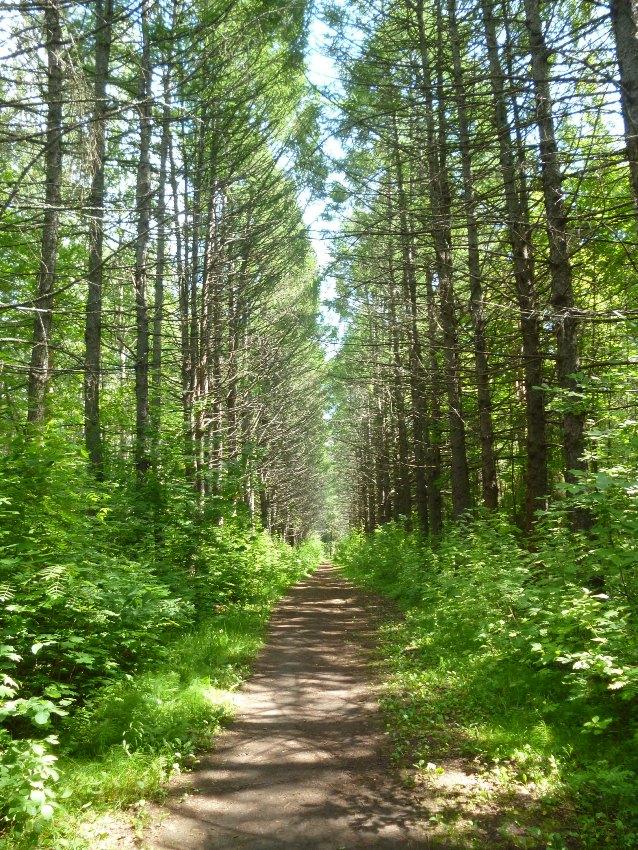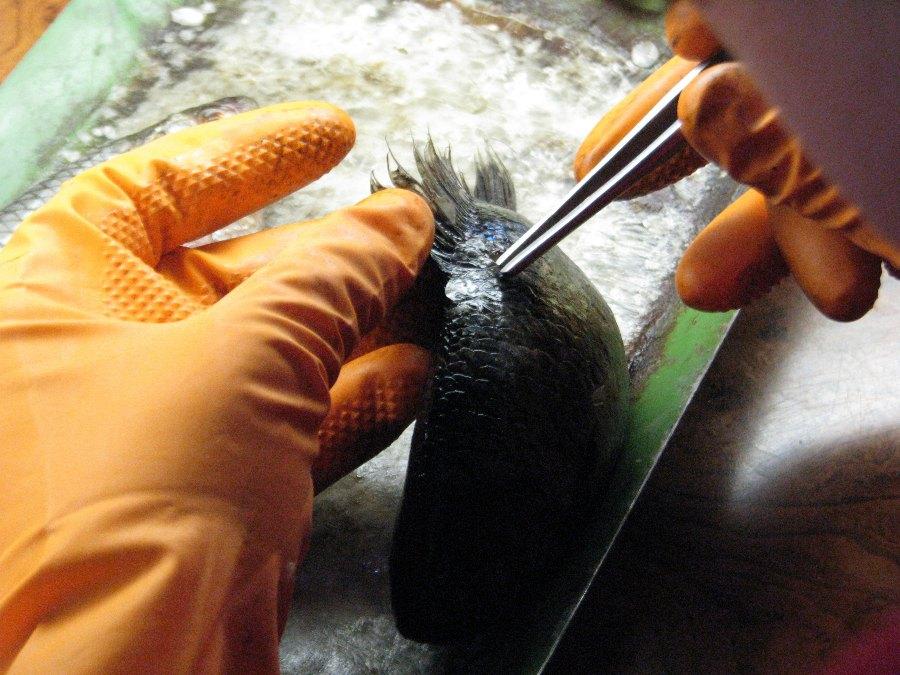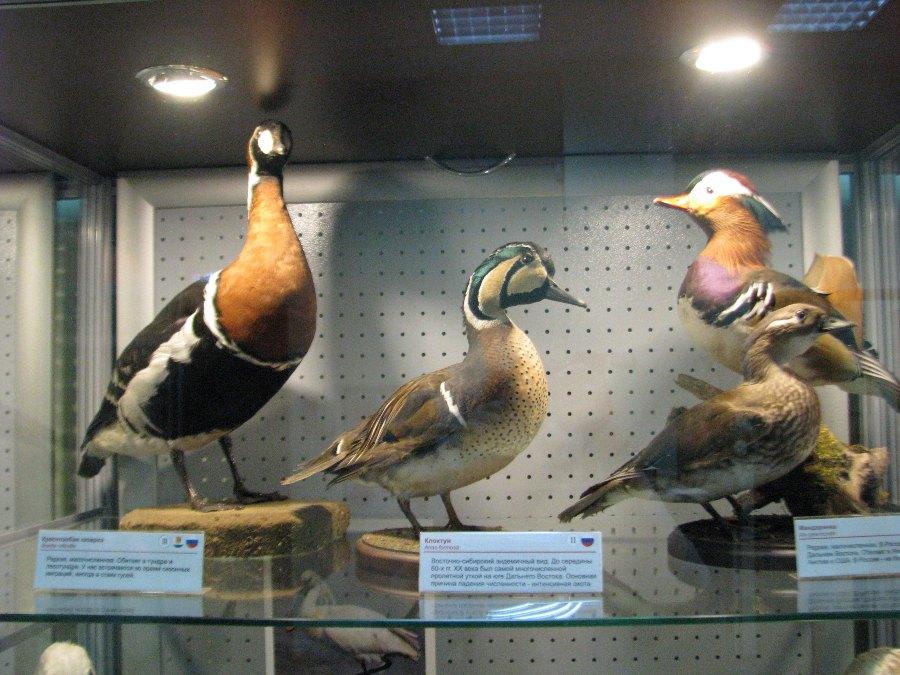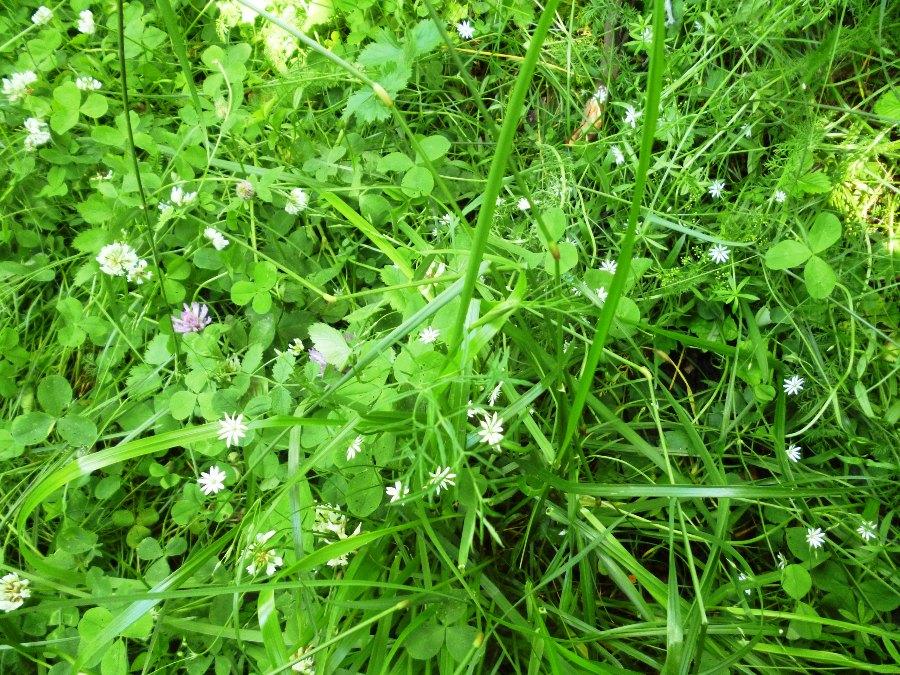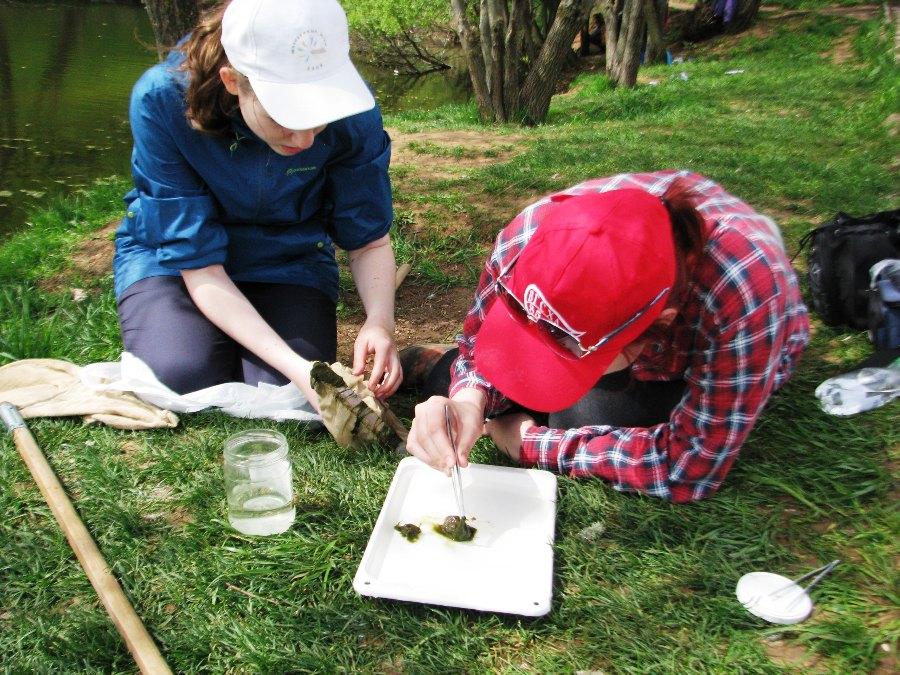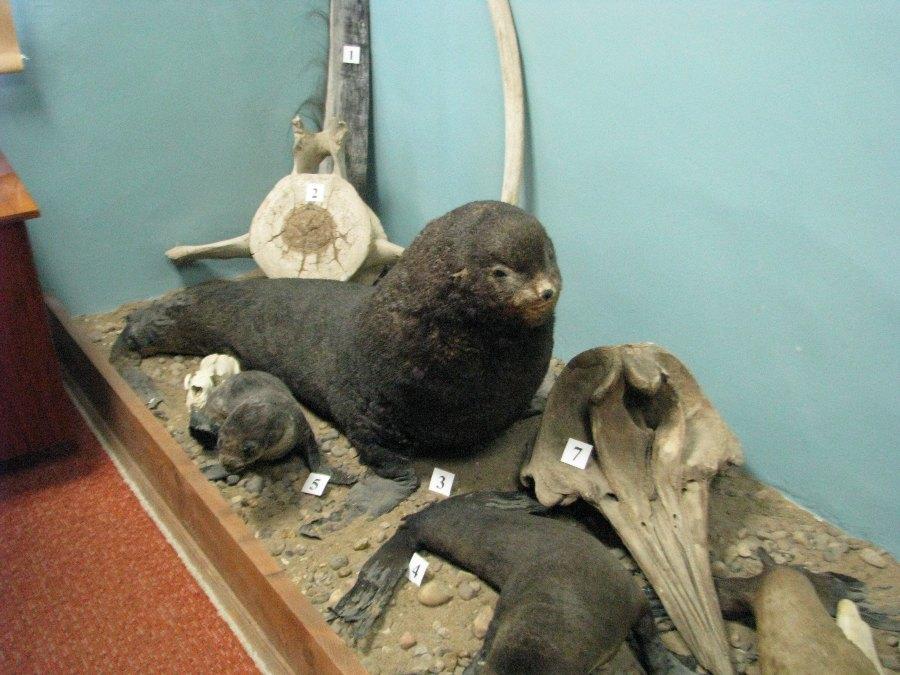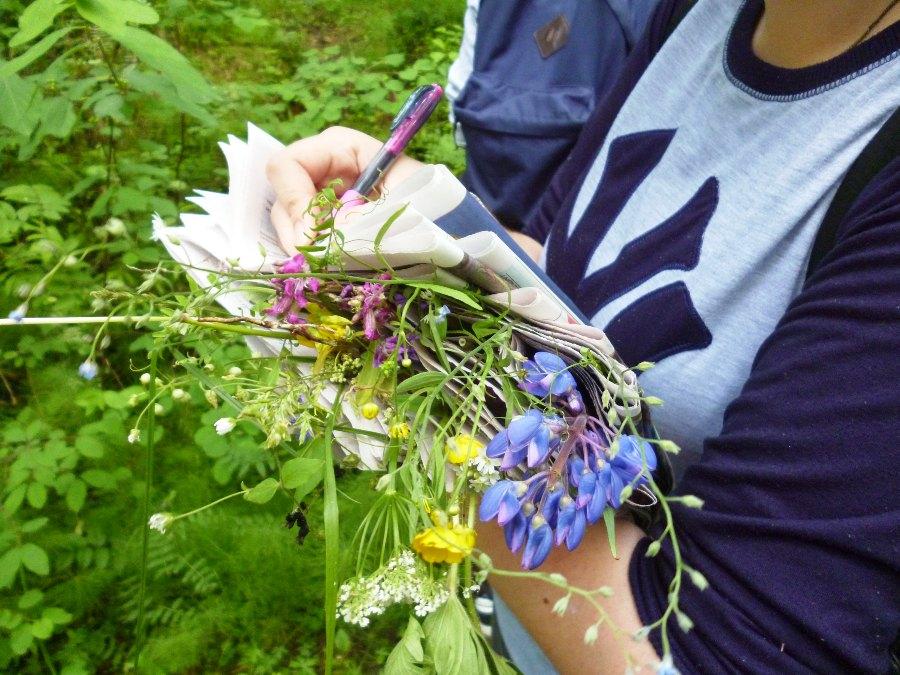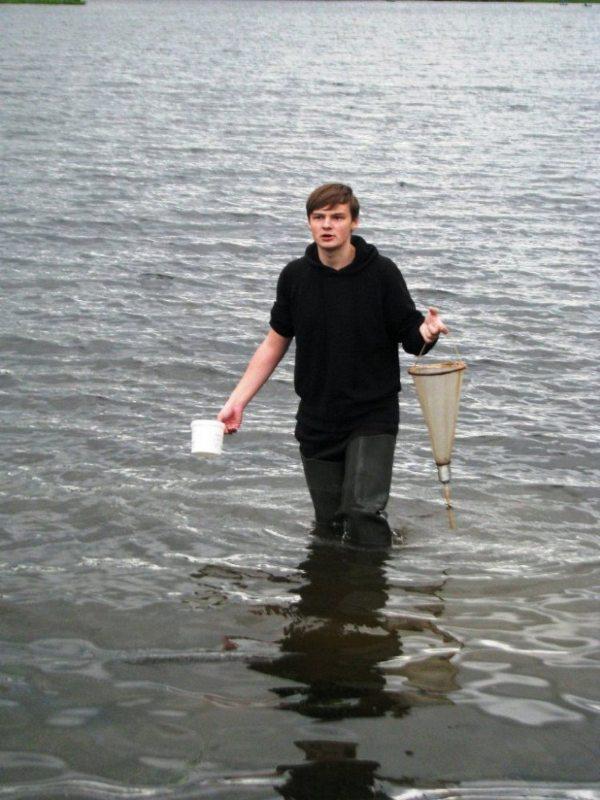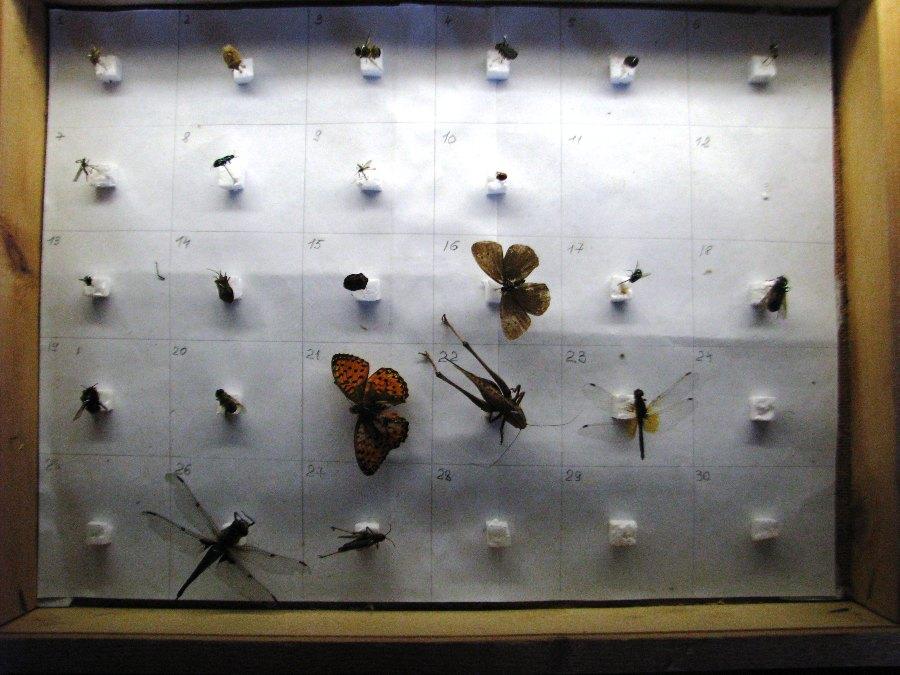Ecology as future career
05.11.2020
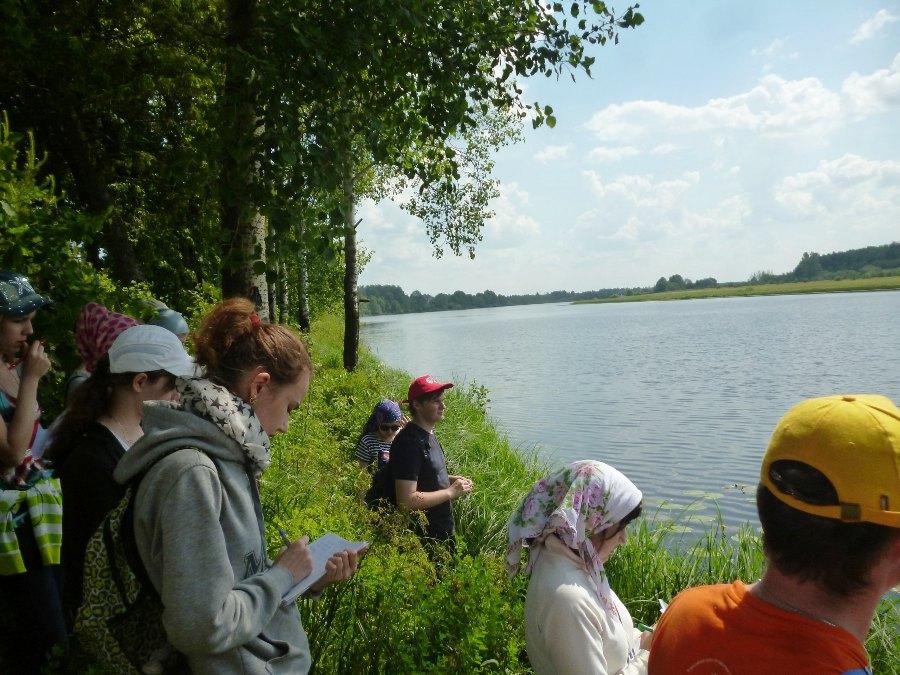
In today’s world, we have so many environmental problems. Among them, the most serious are: the ozone layer depletion, acid rain, global warming, toxic pollution of atmosphere, the disappearance of forest, contamination of underground waters, destruction of soil and extinction of animals and plants.
Nowadays the profession of ecologist has become necessary because the environmental pollution continues to grow and the wild nature suffers greatly. Now some big enterprises and factories have opened their own departments dealing with industrial health, safety and influence on the wild nature.
The activities of a bioecologist are aimed at the preservation and study of living organisms, natural ecosystems as the foundations of the biosphere.
The course of studies is four years for bachelors and six years for masters. We study many special subjects, such as Ecology, Geoecology, Ecologist Chemistry, Ecology of human, Zoo-geography, Geology, Physiology and so on. The teaching combines lectures, seminars and practical classes. The students are taught how to preserve the nature and how to utilize its wealth in the most rational way.
The teaching staff of the faculty is highly-qualified. It includes professors and candidates of science.
An important role in the learning is played by summer educational practices which take place under natural conditions. This summer our practical course included three disciplines: zoology, botany and geobotany.
During our practical course on zoology, we visited the museum of the faculty and the city zoological museum. We did studies of water fauna in three reservoirs in Kirov. We watched the birds at the Biochemical plant and made a collection of insects, which include butterflies, dragonflies, beetles, flies and other insects.
The main goal of the practical course on botany was to study the plants of the Kirov region. As a result of the practical course, we collected a large herbarium.
Having practice on geobotany we visited three protected areas where the described plant communities and also collected various herbariums. At the end of each practice, we prepared a report and defended it.
Ecologists work in the state environmental institutions, industrial enterprises, nature reserves, national parks, an environmental laboratory and so on.
Let’s save and improve the environment and living organisms together!
Efimova Anastasiya, Babina Veronika, a second year students of the Biology faculty
